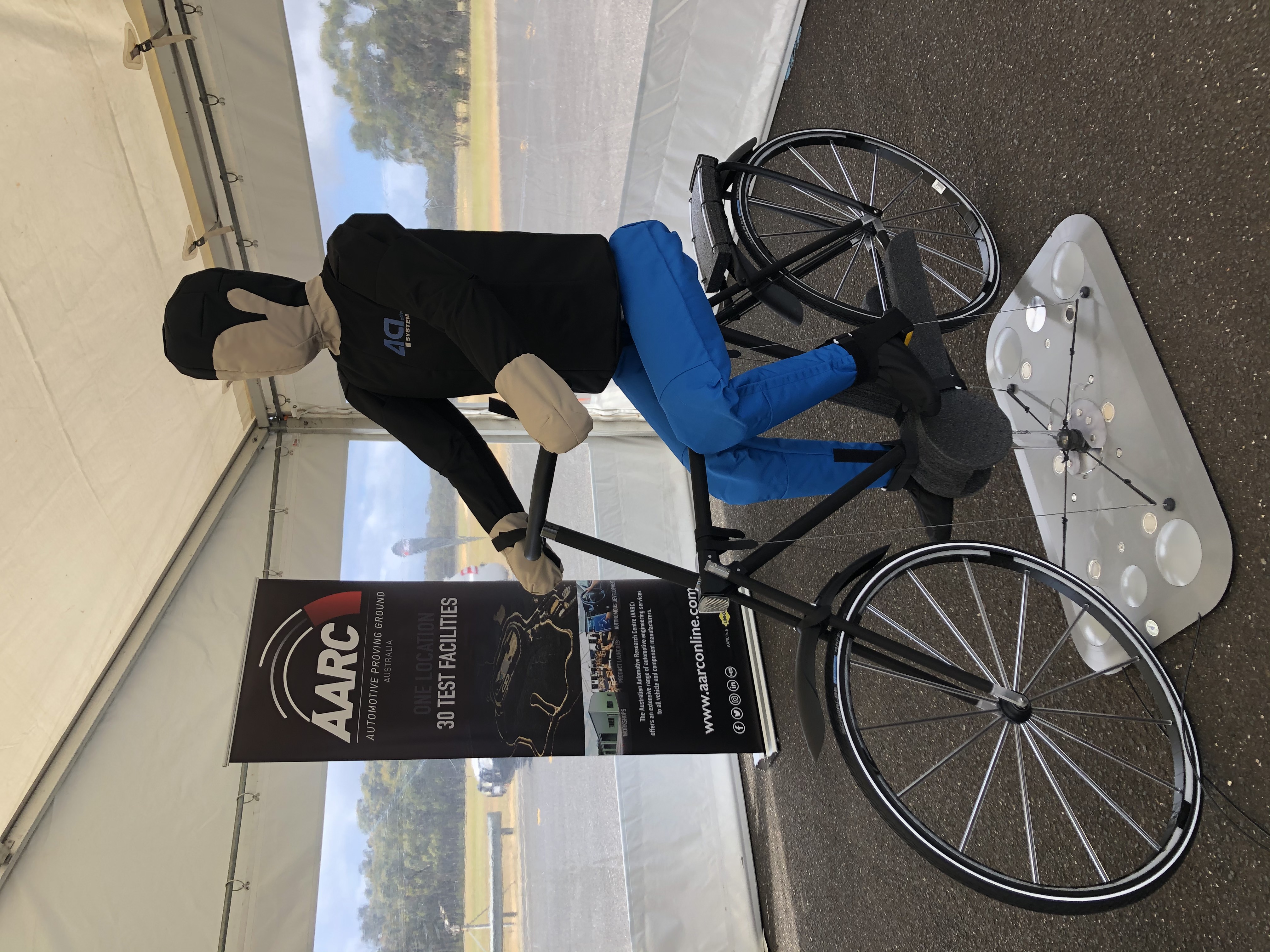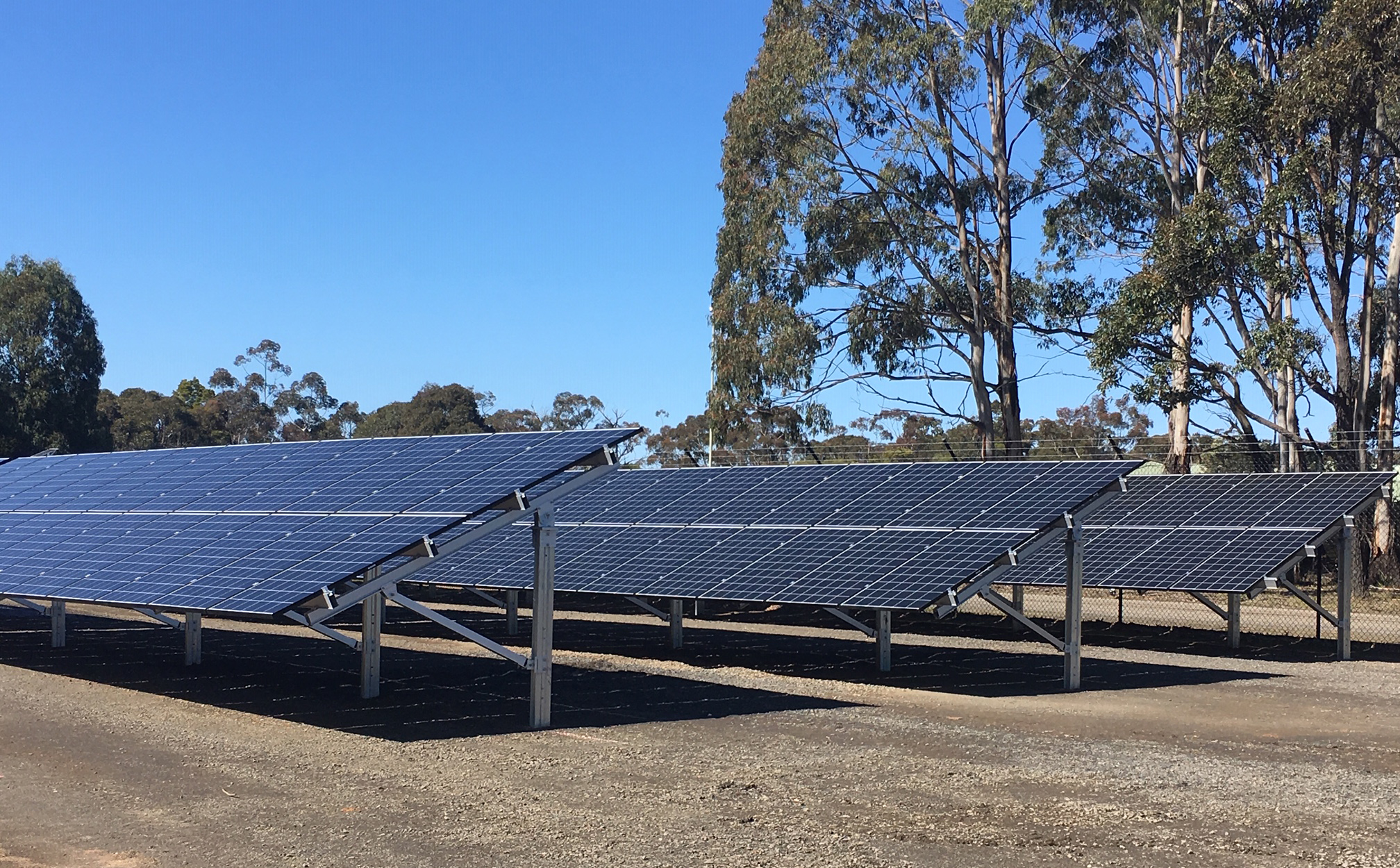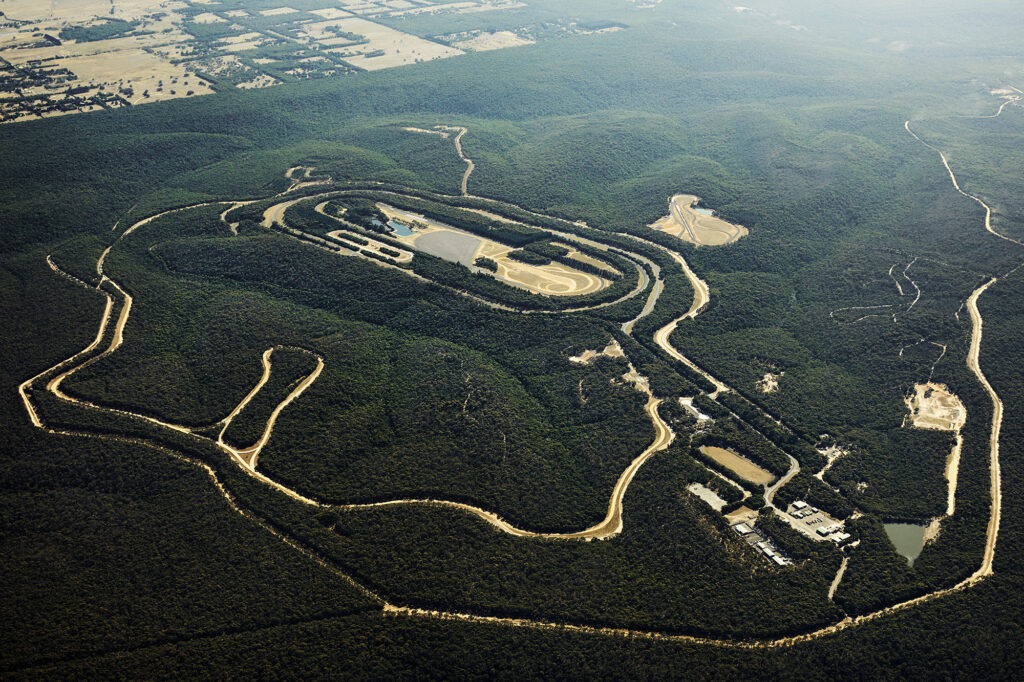We live in an age of technological disruption. This is clearly evident in the transportation industry in which the convergence of new developments in batteries, electric vehicles, autonomous vehicles, on-demand transportation and solar energy are producing new scenarios. It’s not dissimilar to the impact cars had when they replaced horses as the dominant form of transportation in the early 20th century.
For proving grounds like the Australian Automotive Research Centre (AARC) in Victoria, Australia, this has produced some unique challenges. With a 60-year history of automotive research and development ranging from agriculture, trucks and earthmoving equipment to cars, motorcycles, four-wheel drives and military vehicles, the need to adapt and create capability to meet the needs of emerging transportation forms is essential to remain relevant and viable. As the only privately owned, independent proving ground in Australia, the 1,000-hectare site is home to many major international brands that utilize the facility, taking advantage of its favorable climate, large area and the relatively Covid-19-free environment.
In 2019, AARC undertook a comprehensive review of available opportunities and changes that would need to be considered to take advantage of the facility’s unique geographic size and position in the Asia-Pacific region. A plan was produced and adopted that identified 10 strategic priorities.
Following adoption of the plan in 2020, rapid progress has been made on implementation with Australasian New Car Assessment Program (Australasian NCAP) certification completed, ADAS test equipment acquired and a solar farm with battery storage installed and operational.
The significant investment in ADAS equipment, with the assistance of the Victoria State Government, has added significantly to the capability available at AARC. Test equipment acquired from Humanetics provides the latest integrated equipment to meet the challenge of advancing autonomous vehicle (AV) and advanced driver assistance safety (ADAS) features. These systems can perform several specific scenarios that are part of regulatory requirements in order for new vehicles in Australia to receive internationally recognised NCAP certification.

Humanetics robot pedestrian used for ADAS testing
Other changes have included a partnership with a specialist test provider, ABMARC, which now provides services on-site. ABMARC is unique in its provision of policy and regulatory analysis and development, business planning and market insight, in addition to comprehensive test, research and evaluation services. These cover a range of areas including automotive, transportation, fuels, mining, energy and the environment. ABMARC is now providing ADAS test services on-site for Australasian NCAP and validation/pre-certification services for manufacturers. This is the first time AARC has had, on-site, a specialist test provider and reflects the increasing convergence of technologies and services to provide seamless development and evaluation within the one physical environment. With improved communications and virtual integration, future national and international collaboration between developers, test providers and manufacturers is already underway and consistent with trends in other industries.
Planning is now well underway to upgrade telecommunications on-site to provide broadband internet access and internal campus communication infrastructure that will meet the needs of all users, including developers of connected and autonomous vehicles.
These developments have been led by Ari Suss, general manager of AARC, who summarizes the approach of his organization as responding quickly to client needs through mutually beneficial partnerships. Many of the developments have been jointly funded, ensuring that specifications are relevant, and technologies suited to the appropriate markets and/or approval authorities. Some organizations have, within the large area occupied by the proving ground, developed their own specialist track facilities, while still utilizing core facilities for some of their testing. This is one of the unique organizational features of the center, which is enhanced by independent ownership, without the bias of any particular brand or manufacturer.
The role of proving grounds remains vital in the development of new technologies and their approval by government for deployment on public roads and spaces. The challenge is to remain relevant and to respond rapidly to the demands of customers that require secure, comprehensive test environments, both real and virtual, continues apace. The model of shared forward planning, partnering with clients in design, funding and construction of new capabilities, together with active monitoring of market trends, equips AARC to actively embrace the latest cycle of transportation disruption.
 AARC workshops with industry, government and education sector to identify the 10-step strategic plan
AARC workshops with industry, government and education sector to identify the 10-step strategic plan
 A new solar system at AARC enables 24/7 power on-site
A new solar system at AARC enables 24/7 power on-site


